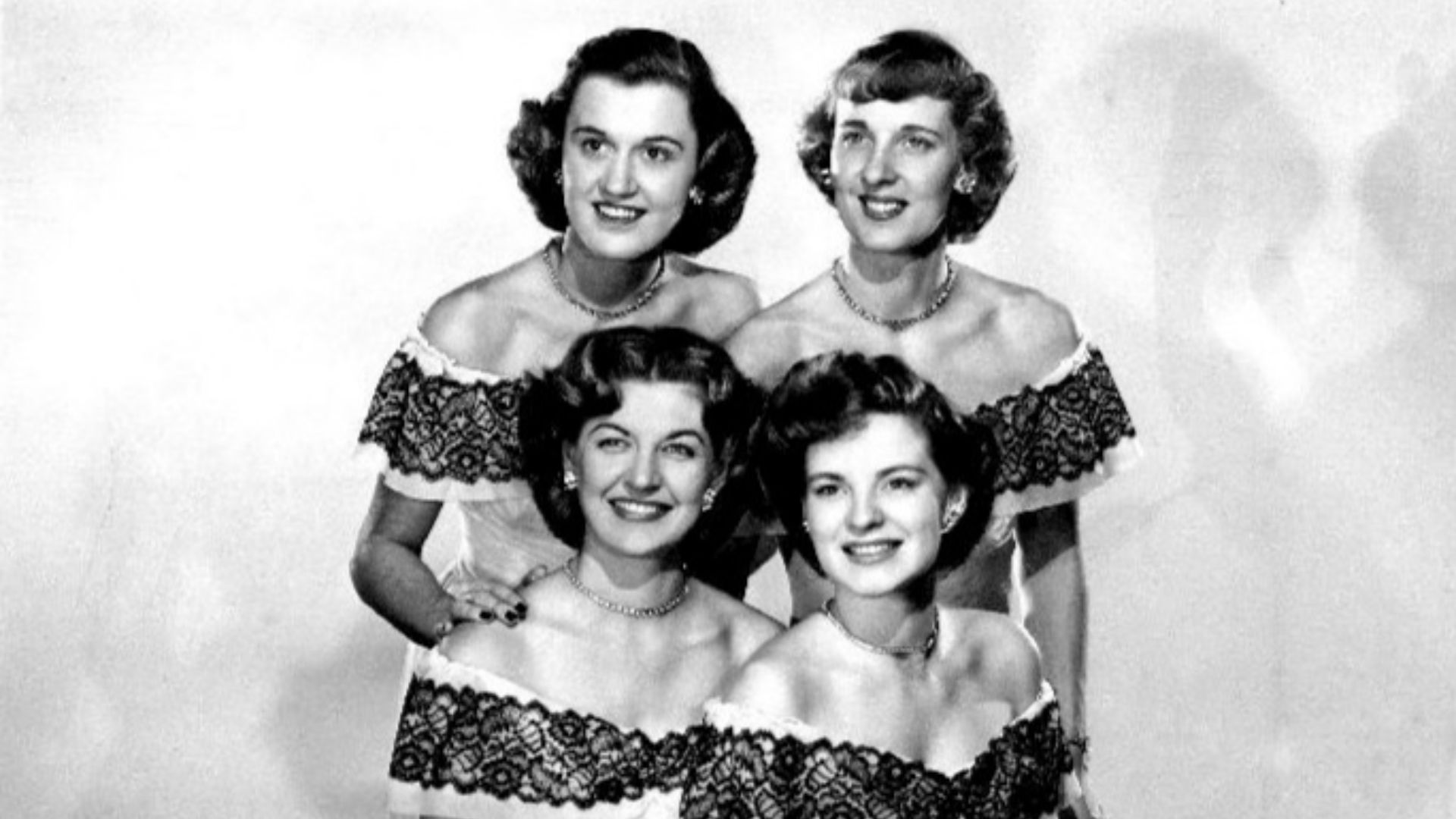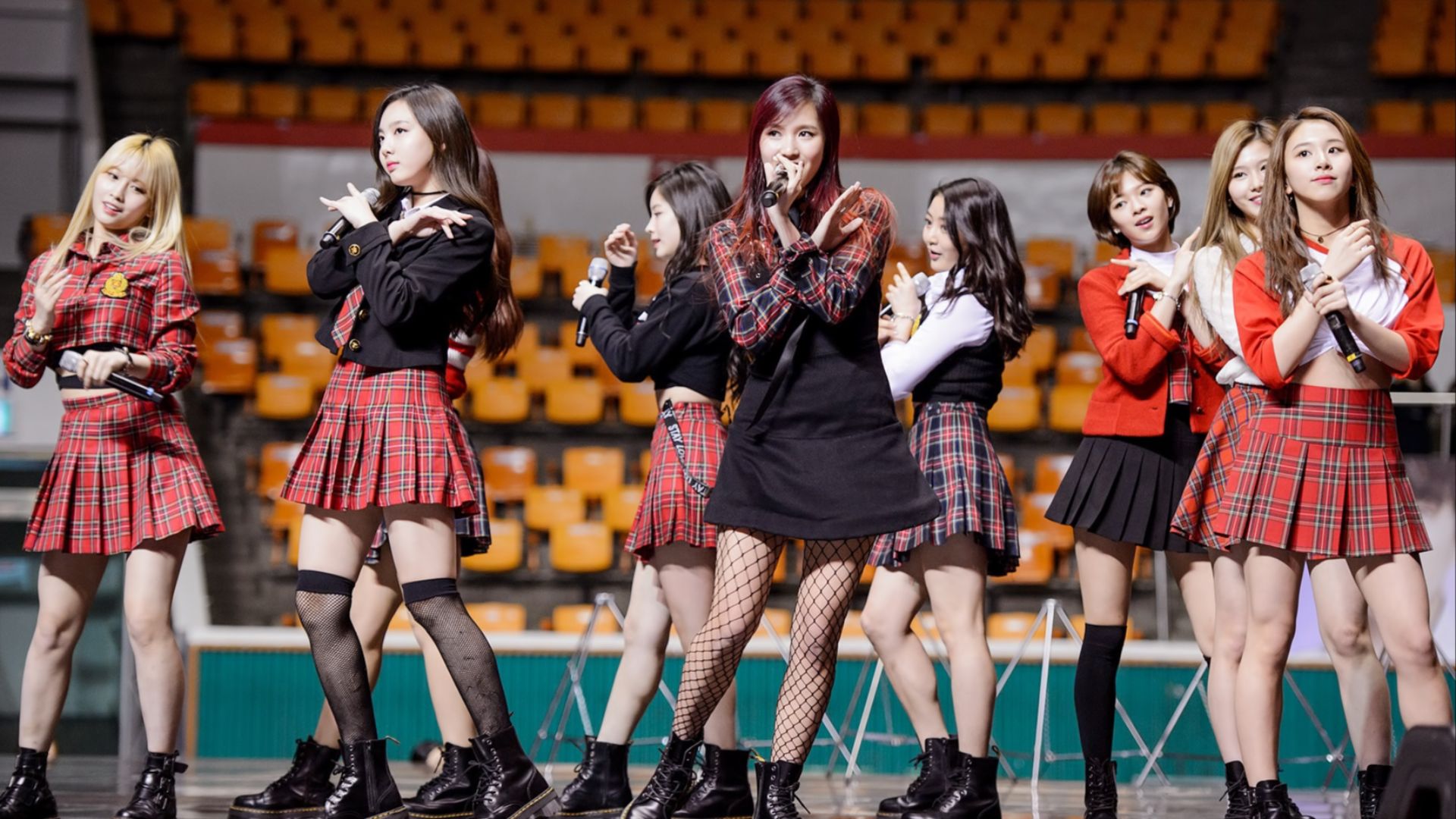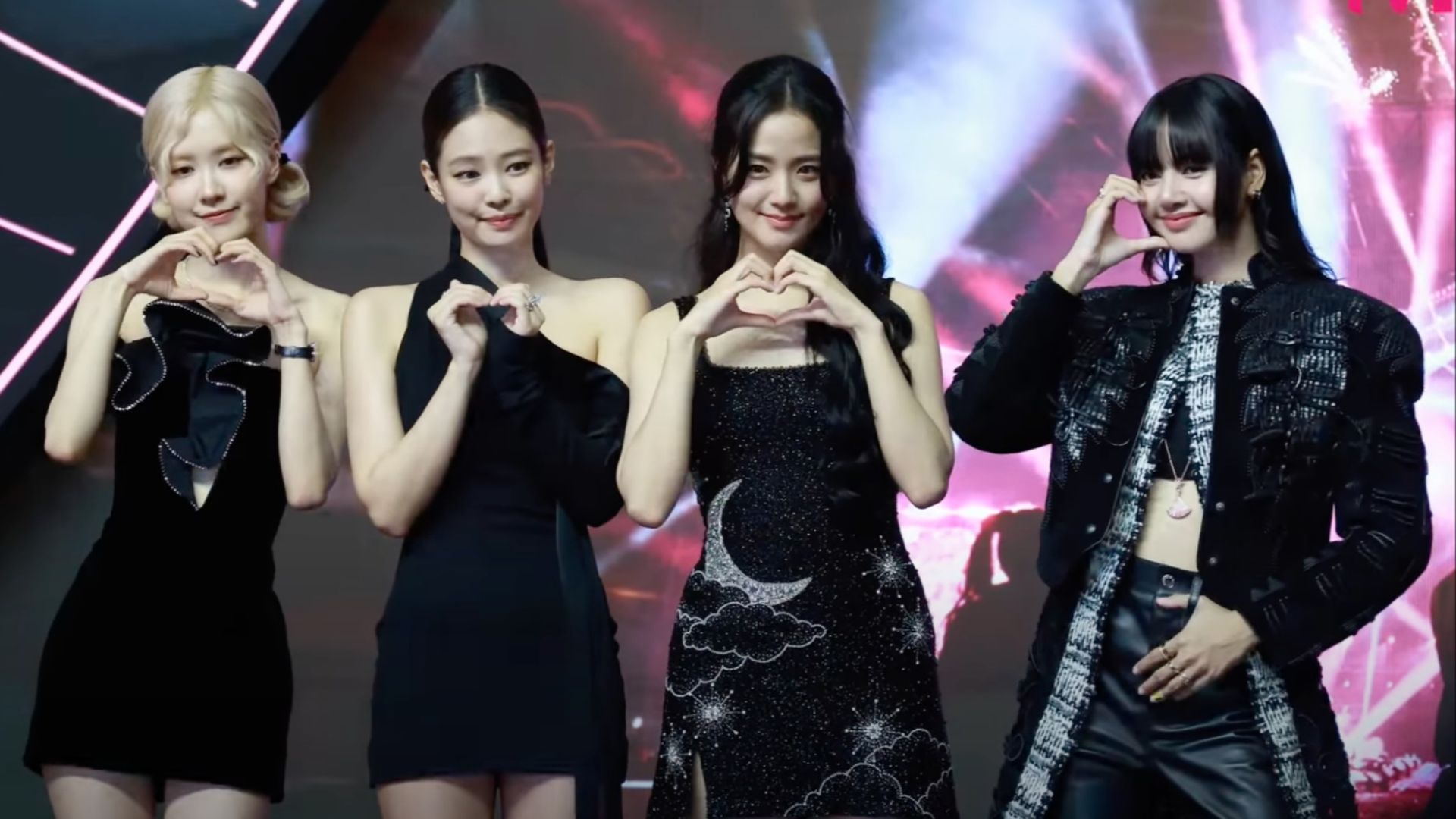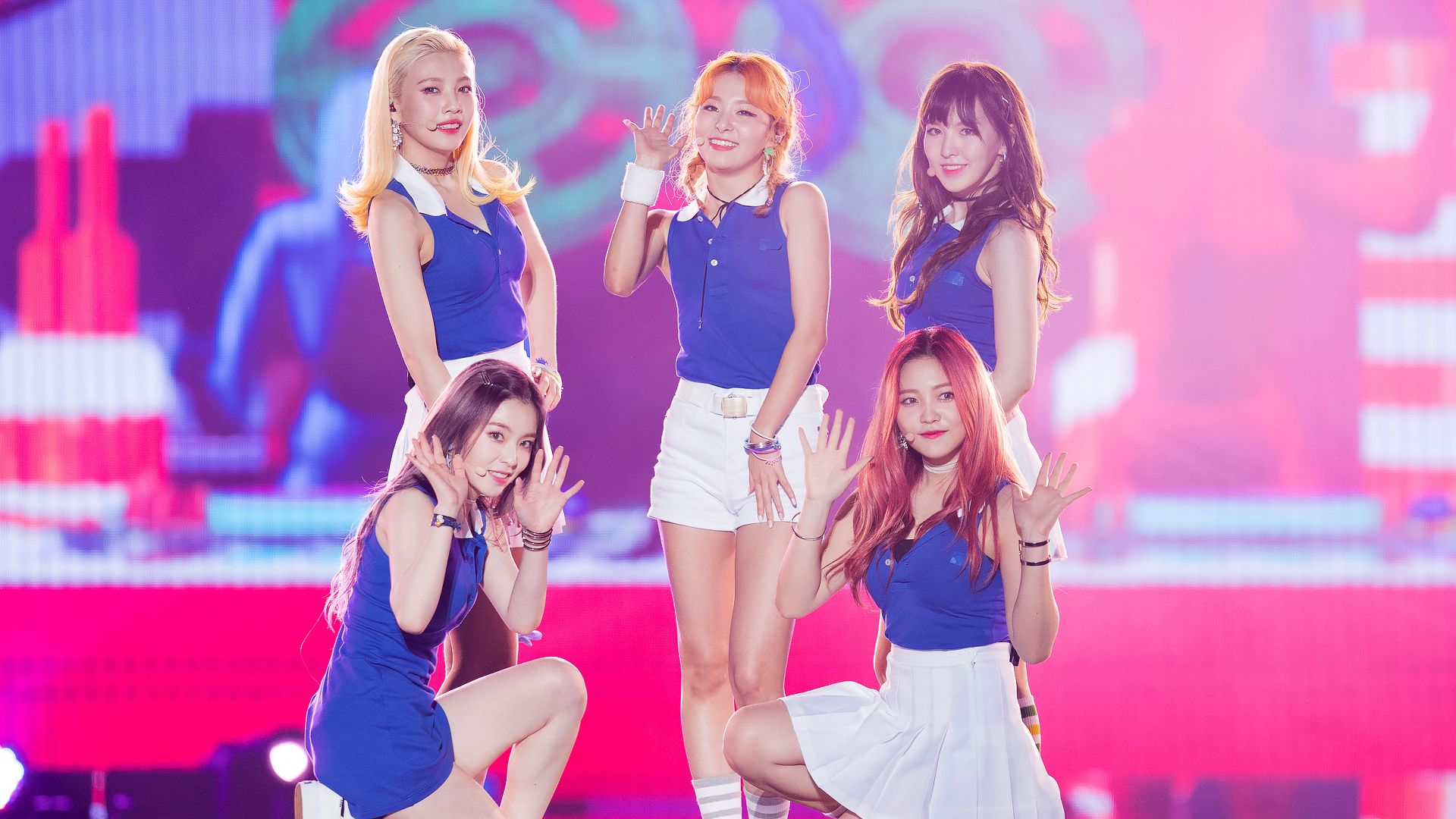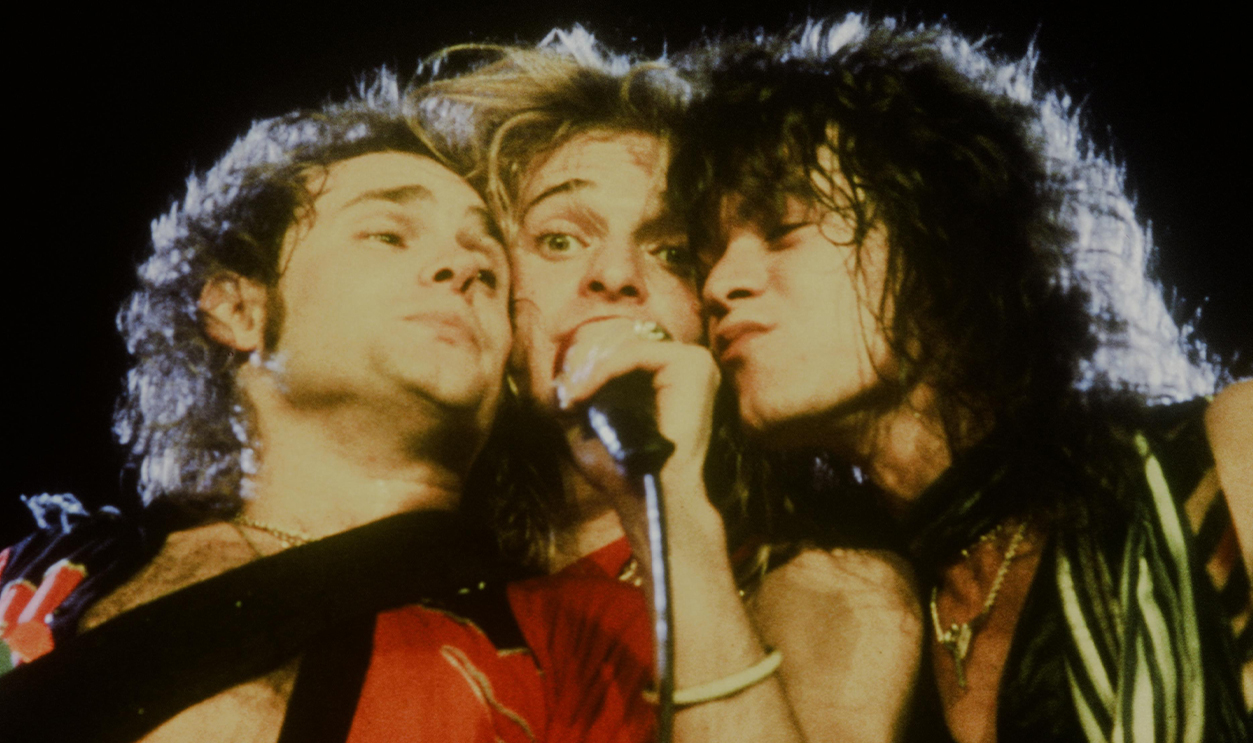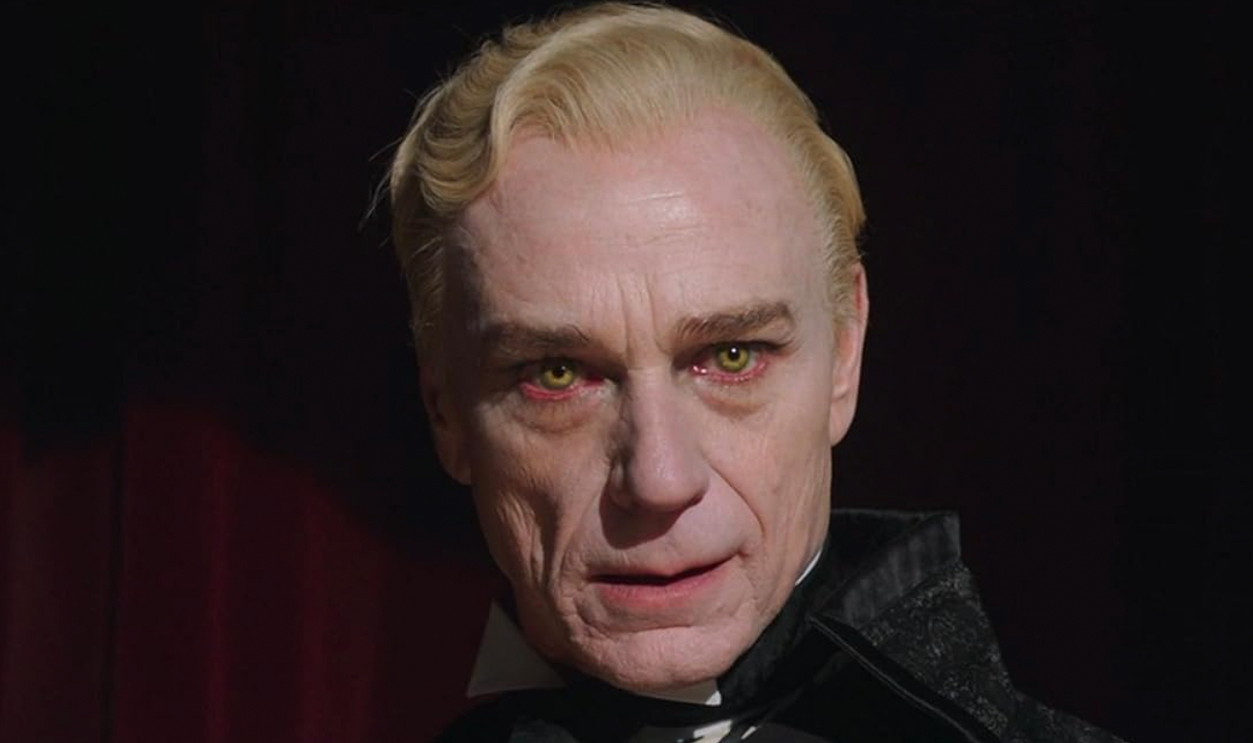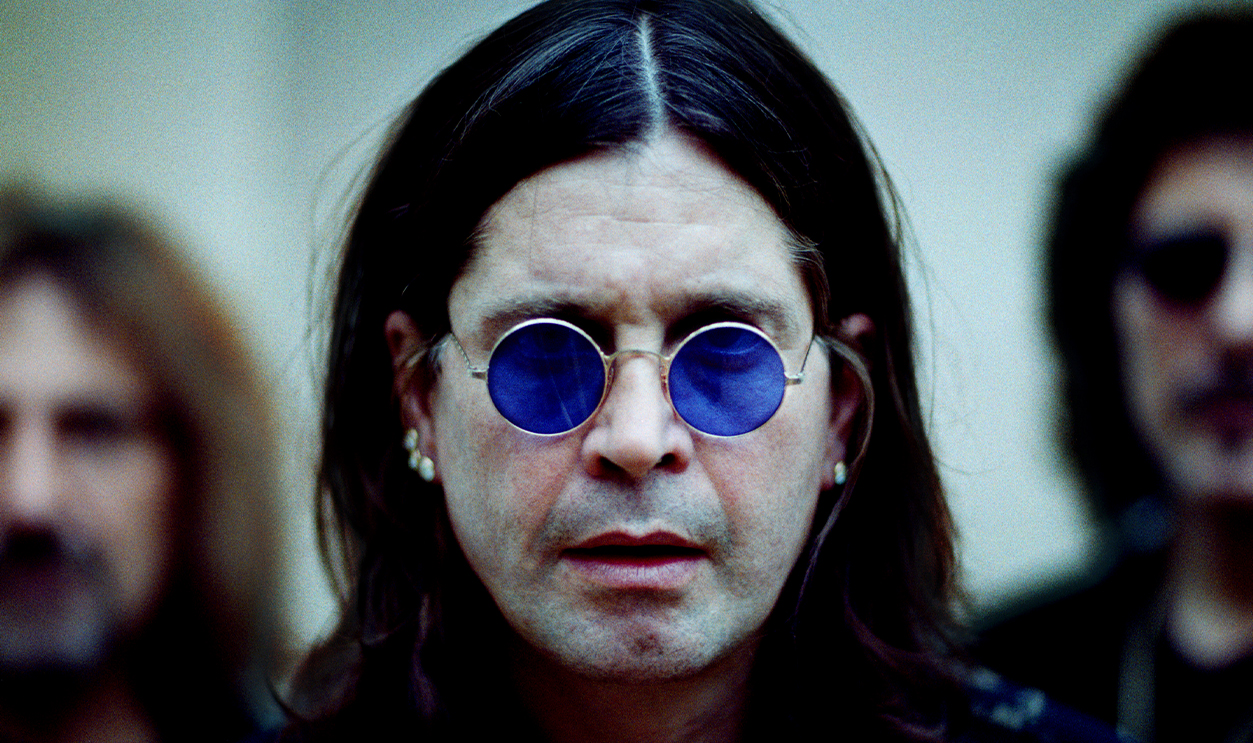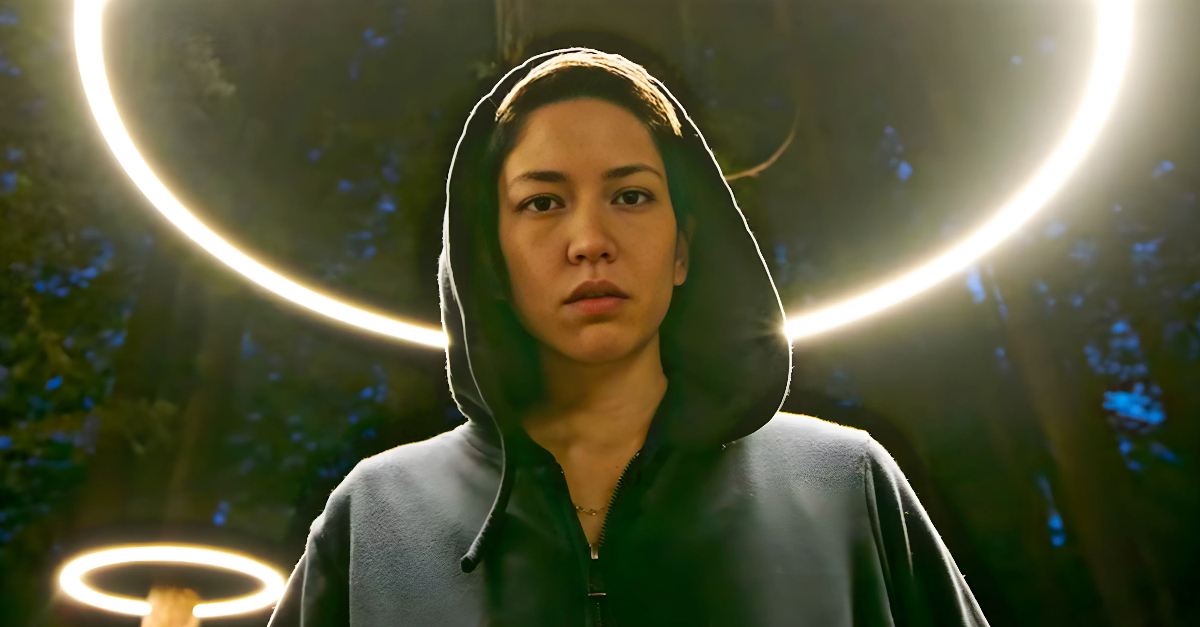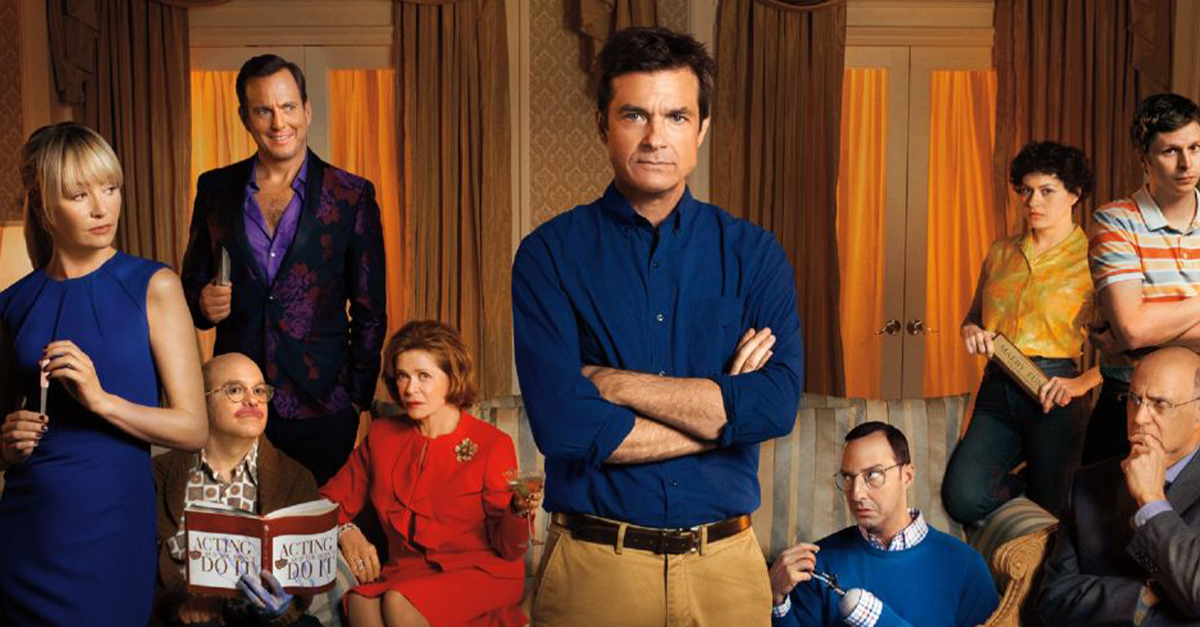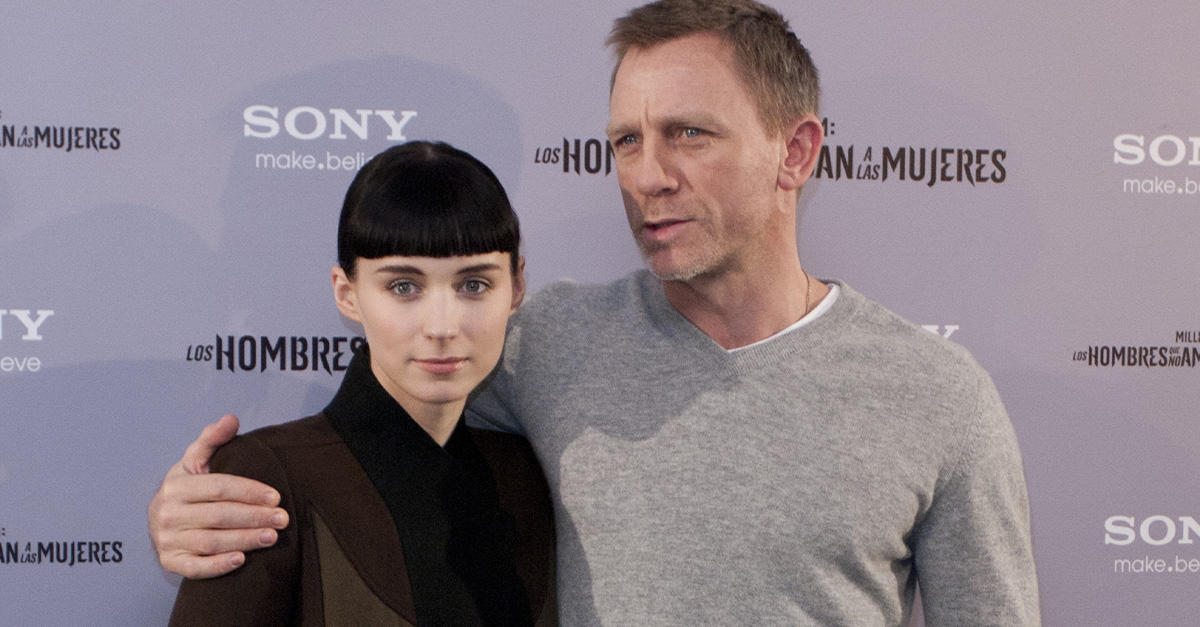The Soundtrack To Every Era
There’s just something special about a great girl group: the harmonies, the outfits, the choreography, and that electric energy when they step on stage and make you believe anything’s possible. From Motown elegance to 2000s R&B sass and today’s global K-pop takeover, girl groups have shaped culture, fashion, and what empowerment sounds like. They’ve given us anthems to dance, cry, and scream-sing to…and honestly, where would pop music even be without them?
Let’s take a look at the groups who defined generations, broke records, and reminded everyone that sometimes girls really do run the world.
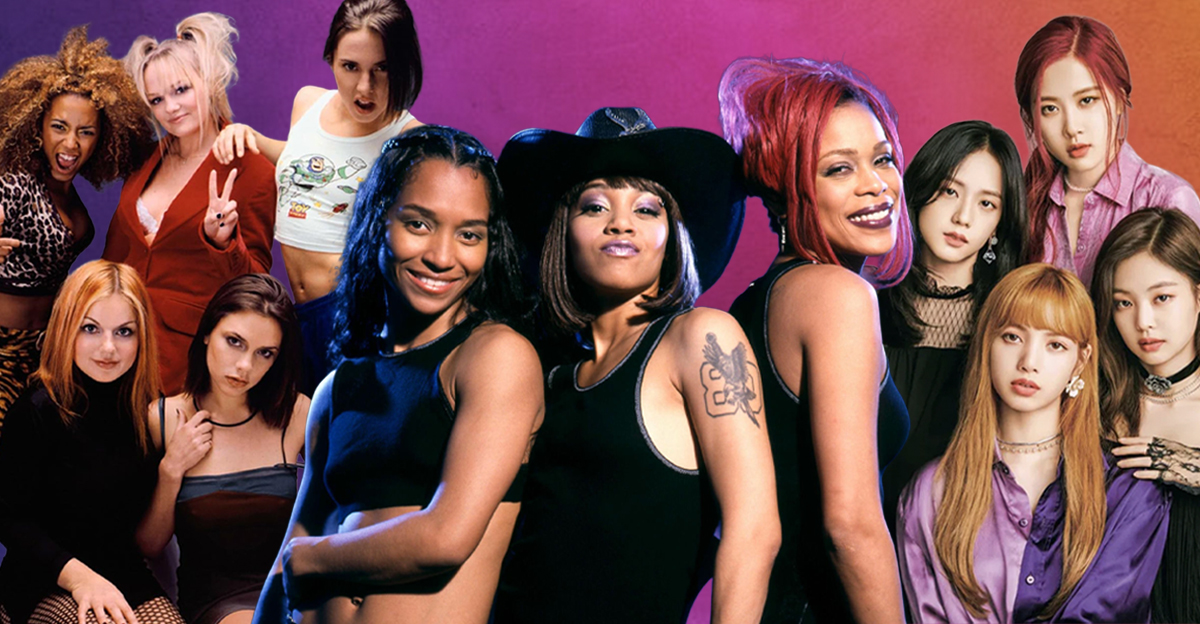
Spice Girls
Ah, the Spice Girls, arguably the OGs of 90s pop girl power. Hailing from the UK, they burst onto the scene with “Wannabe” in 1996, and that song practically became an anthem for fun, friendship, and saying “girl power” loud. They each had nicknames (Sporty, Scary, Baby, Ginger, Posh) and personalities, which made fans feel like they could pick a sister. Their debut album Spice went multi-platinum and they followed it up with hits like “2 Become 1,” “Stop,” and “Spice Up Your Life". They inspired a wave of girl groups across the world thanks to their unapologetic confidence and catchy hooks.
The Supremes
The Supremes were Motown royalty. With Diana Ross, Mary Wilson, and Florence Ballard (in the classic lineup), they redefined what a girl group could do in the 1960s. They scored a string of number-one hits like “Where Did Our Love Go,” “Baby Love,” and “Stop! In the Name of Love,” becoming one of the most commercially successful acts of their era. They broke barriers too: Black women making it big in mainstream pop, with sleek choreography and glamorous style. Their legacy influenced many girl groups that followed.
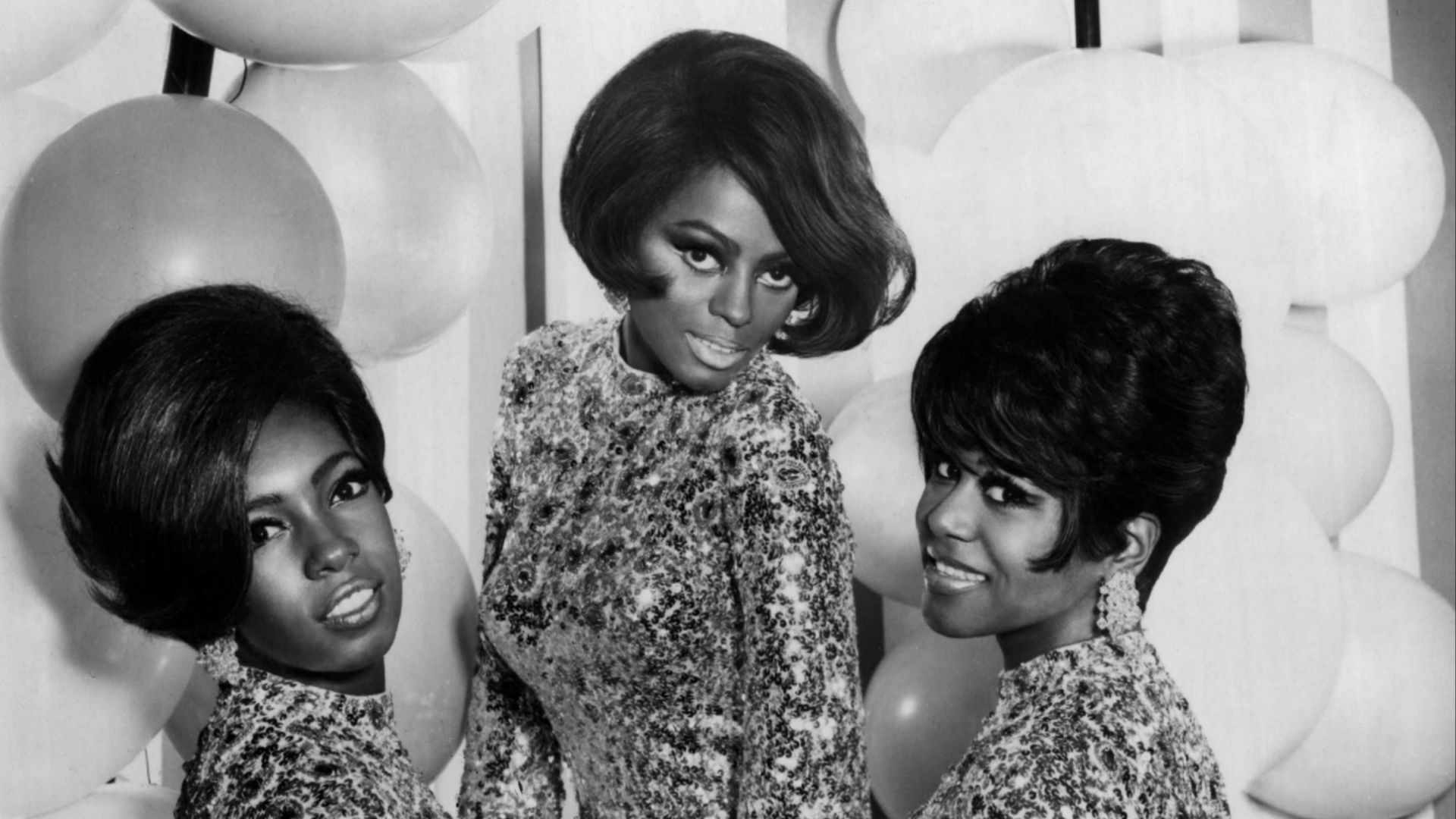 GAC-General Artists Corporation-IMTI-International Talent Management Inc., Wikimedia Commons
GAC-General Artists Corporation-IMTI-International Talent Management Inc., Wikimedia Commons
Destiny’s Child
From Houston, Texas, Destiny’s Child rose (after many lineup shifts) to become one of the biggest girl groups ever. Their core trio of Beyoncé, Kelly Rowland, and Michelle Williams is iconic. They gave us hits like “Bills, Bills, Bills,” “Say My Name,” “Bootylicious,” “Independent Women,” and “Survivor". Their music mixed R&B, pop, and sometimes rap, and their themes often revolved around independence, relationships, and self-worth. Even with lineup drama and business disputes, their impact is massive: they’ve sold over 60 million records.
The Chordettes
Going way back into the mid‑20th century: The Chordettes were an American female vocal quartet best known for “Mr Sandman” and “Lollipop". Their tight harmonies, sweet melodies, and charm made them a staple of the doo‑wop and pop crossover era. They offered a different flavor than the doo‑wop male groups, and paved the way for other girl groups.
The Runaways
If you lean more rock than pop, The Runaways are essential. Active in the late 1970s, their lineup (with Joan Jett, Lita Ford, and others) gave us raw songs like “Cherry Bomb” and “Queens of Noise". They were edgy, daring, and broke stereotypes about women in rock. They weren’t glossy, but they were powerful and influential to countless female rockers.
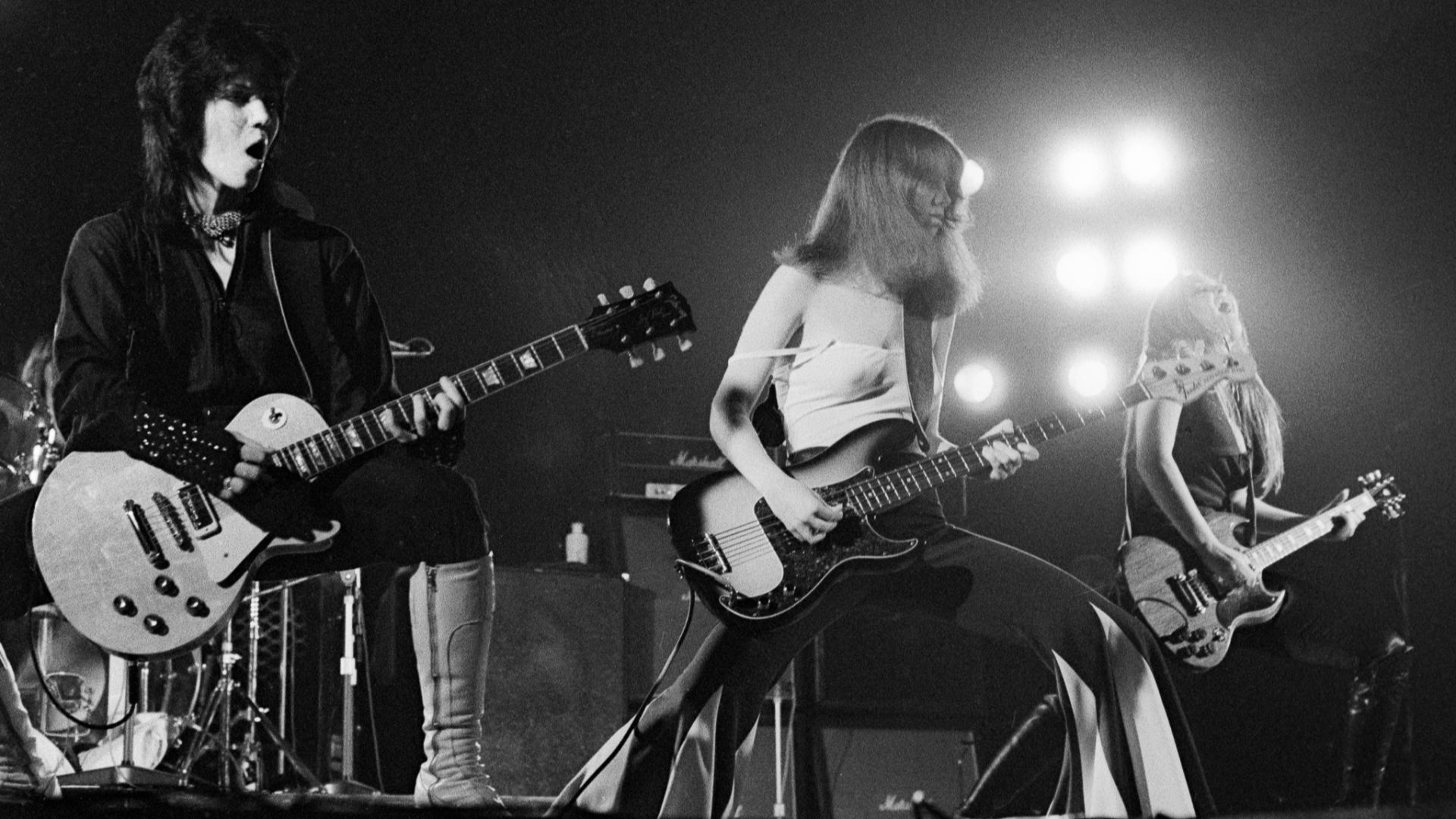 David Johnson, Wikimedia Commons
David Johnson, Wikimedia Commons
Little Mix
Jumping to the UK in the 2010s, Little Mix formed on the reality show The X Factor in 2011. They steadily built up a loyal fanbase by combining strong vocals, empowering lyrics, and stellar group chemistry. Hits like “Wings,” “Black Magic,” “Shout Out to My Ex,” and “Touch” helped them break records (e.g. being the first UK group to get a number-one album with all-female members). They’ve also been heralded for advocating body positivity, friendship, and mental health in their messaging.
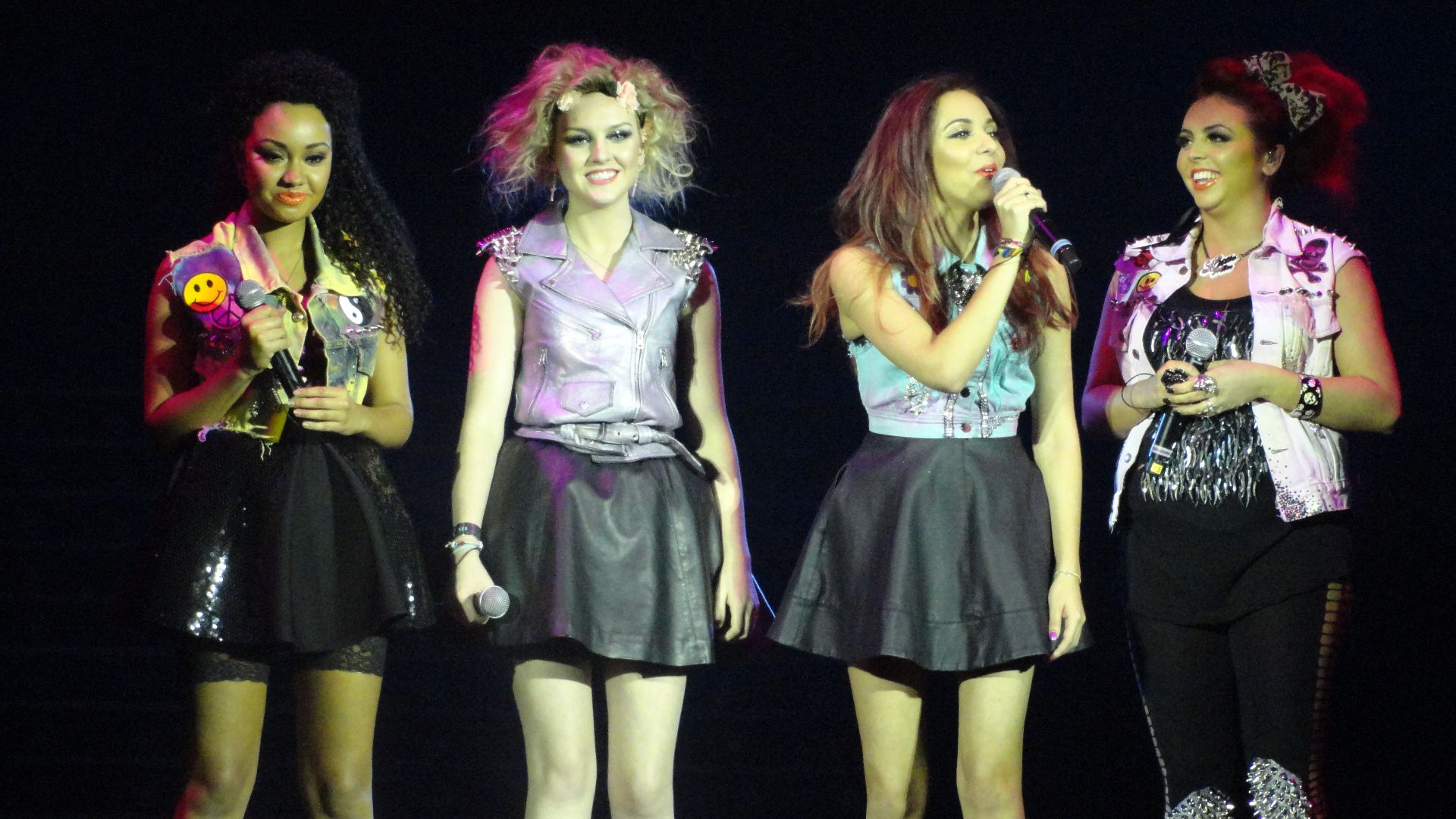 https://www.flickr.com/people/66296187@N06/, Wikimedia Commons
https://www.flickr.com/people/66296187@N06/, Wikimedia Commons
Girls Aloud
Another UK gem, Girls Aloud formed in 2002 on the show Popstars: The Rivals and quickly became pop icons. With members Cheryl, Nadine, Sarah, Nicola, and Kimberley, they delivered inventive pop songs (often co-written/produced with Xenomania) like “Sound of the Underground,” “Love Machine,” “Biology,” and “The Promise". Their discography is praised for pushing pop boundaries and blending genres, and they stayed relevant for years despite the fast turnover common in pop acts.
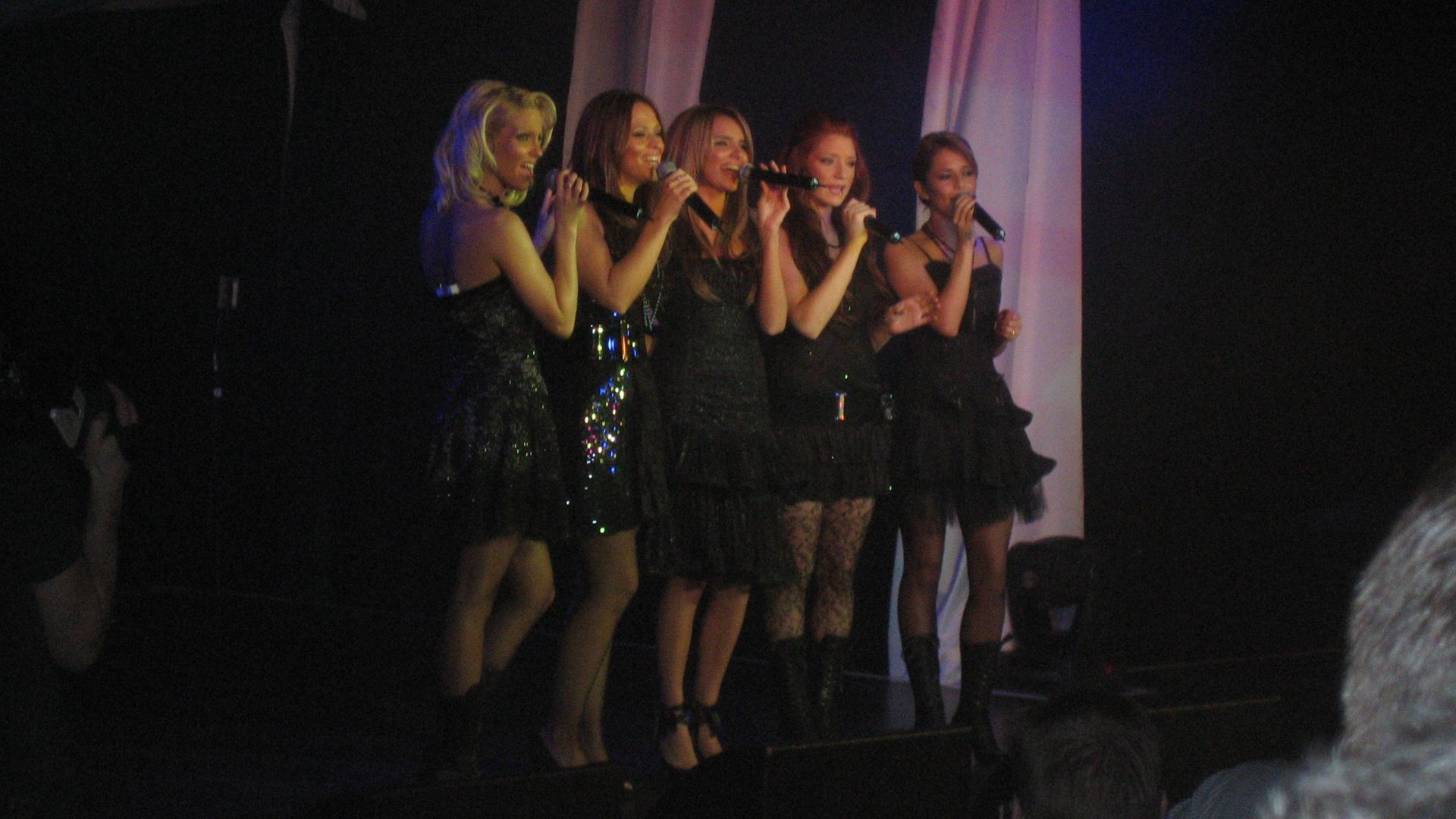 https://www.flickr.com/people/davidcjones/, Wikimedia Commons
https://www.flickr.com/people/davidcjones/, Wikimedia Commons
Wonder Girls
Bridging East and West, Wonder Girls from South Korea (formed in 2007) were pioneers in K‑pop breaking into global markets. Their song “Nobody” (2008) became a massive hit and even entered the US Billboard Hot 100. They opened for the Jonas Brothers in the US too, showing early that K‑pop could cross over. Their members evolved (some shifted to acting, solo projects), but their early success inspired many K‑pop girl groups that followed.
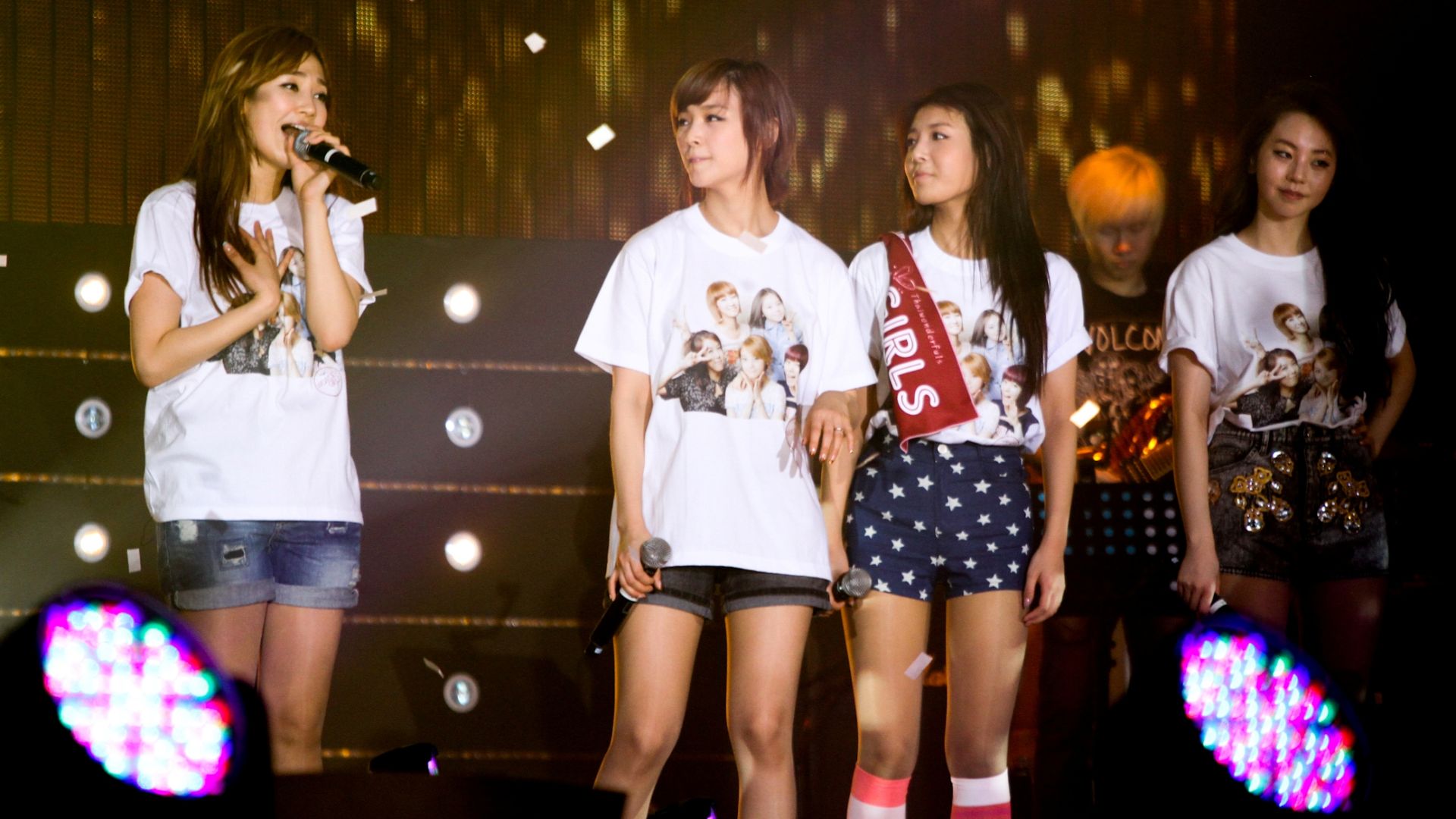 the.angrycamel from Singapore, Singapore, Wikimedia Commons
the.angrycamel from Singapore, Singapore, Wikimedia Commons
TWICE
TWICE debuted in 2015 under JYP Entertainment and quickly became one of K‑pop’s biggest girl groups. Their debut song “Like Ooh-Ahh” put them on the map, and they’ve followed with hits like “Cheer Up,” “Fancy,” “TT,” and “Feel Special". They’re often dubbed “the Nation’s Girl Group” in Korea, and they’ve also made significant strides in Japan and globally. Their charm lies in catchy hooks, synchronized choreography, and a strong bond between the nine members.
Salt‑N‑Pepa
Switching back to earlier days: Salt‑N‑Pepa were trailblazers in 1980s and ’90s hip-hop. Their lineup (Salt, Pepa, and DJ Spinderella) made feminist anthems before that was a buzzword. Hits like “Push It,” “Shoop,” “Whatta Man” (with En Vogue), and “Let’s Talk About Sex” weren’t just catchy, they challenged norms about women in rap and sexuality. They showed that female voices mattered in hip‑hop.
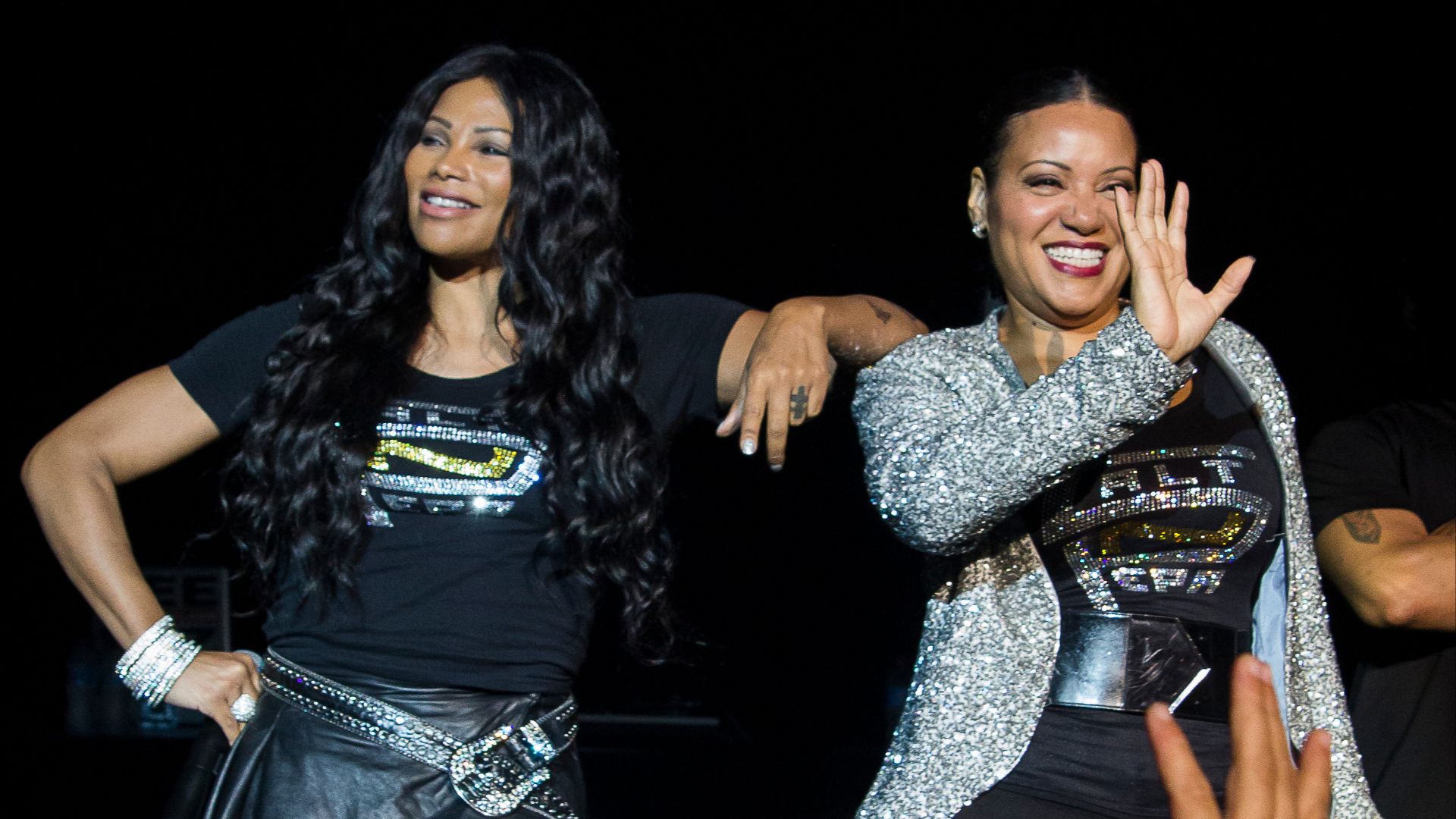 David Burke, Wikimedia Commons
David Burke, Wikimedia Commons
TLC
TLC—aka Tionne “T‑Boz” Watkins, Lisa “Left Eye” Lopes, and Rozonda “Chilli” Thomas—delivered some of the 1990s’ most memorable R&B/pop songs. “Creep,” “Waterfalls,” “No Scrubs,” and “Unpretty” became part of the soundtrack for a generation. Their album CrazySexyCool went diamond (over 10 million sold in the US), making them one of the few female groups with that distinction. They were bold, touching on topics like self‑esteem, relationships, and social issues while still sounding catchy and modern.
The Pointer Sisters
The Pointer Sisters were eclectic: jazz, pop, R&B, even country influences over their career. Sisters June, Bonnie, Anita, and Ruth (in various lineups) scored hits like “I’m So Excited,” “Jump (For My Love),” “Neutron Dance,” and “Automatic". Their ability to cross genres and maintain strong harmonies made them stand out. They remain beloved in pop and oldies circuits to this day.
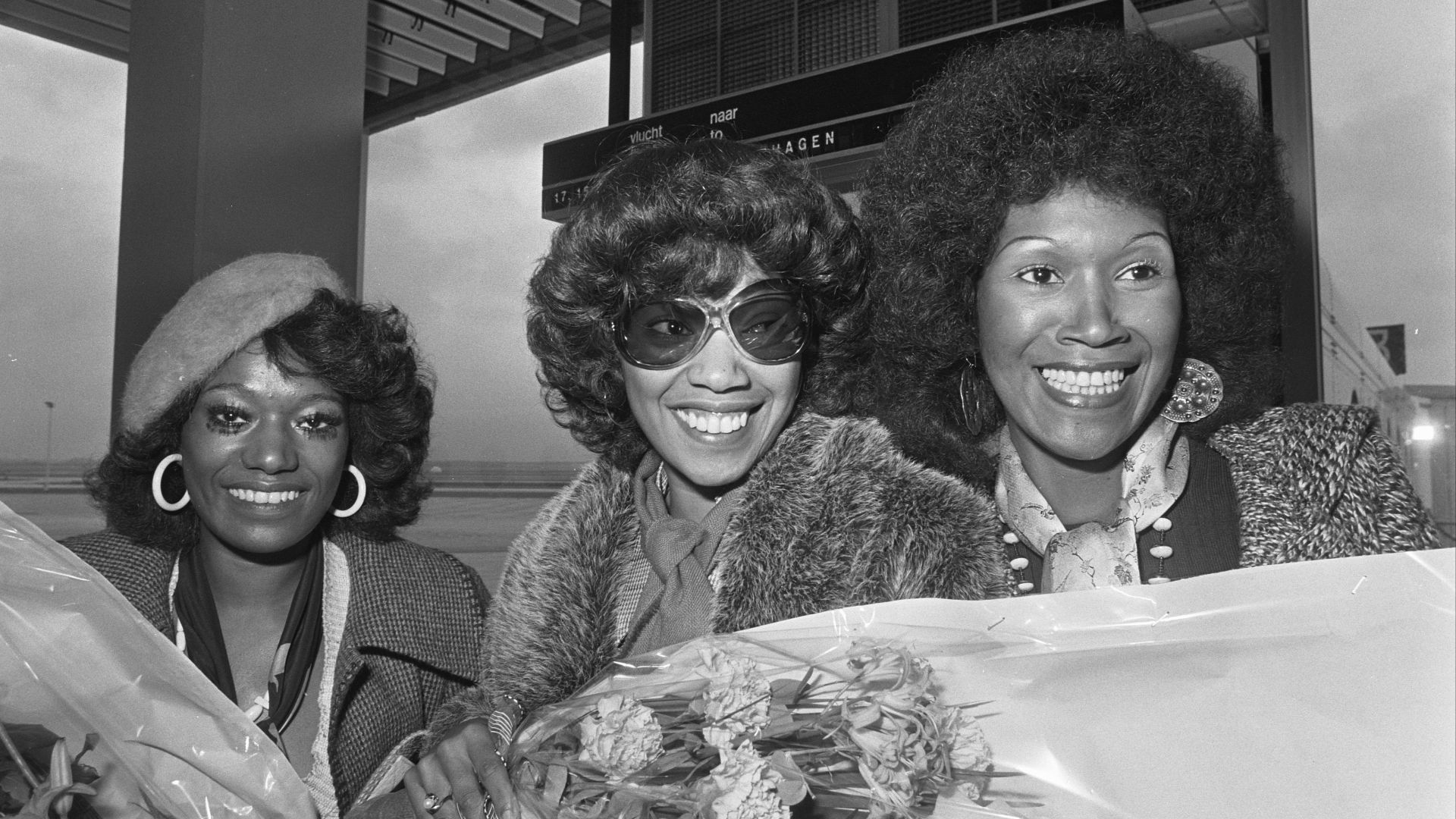 Rob Mieremet / Anefo, Wikimedia Commons
Rob Mieremet / Anefo, Wikimedia Commons
2NE1
From South Korea, 2NE1 (debuted in 2009 under YG Entertainment) were K‑pop’s fierce “bad girl” group. Their songs like “Fire,” “I Am the Best,” “Lonely,” and “I Don’t Care” pushed boundaries with edgy style, strong identity, and genre‑blending (EDM, hip‑hop, pop). Their visuals and stage presence helped define the second generation of K‑pop girl groups. Even after disbandment, they left a legacy of empowerment and bold aesthetics.
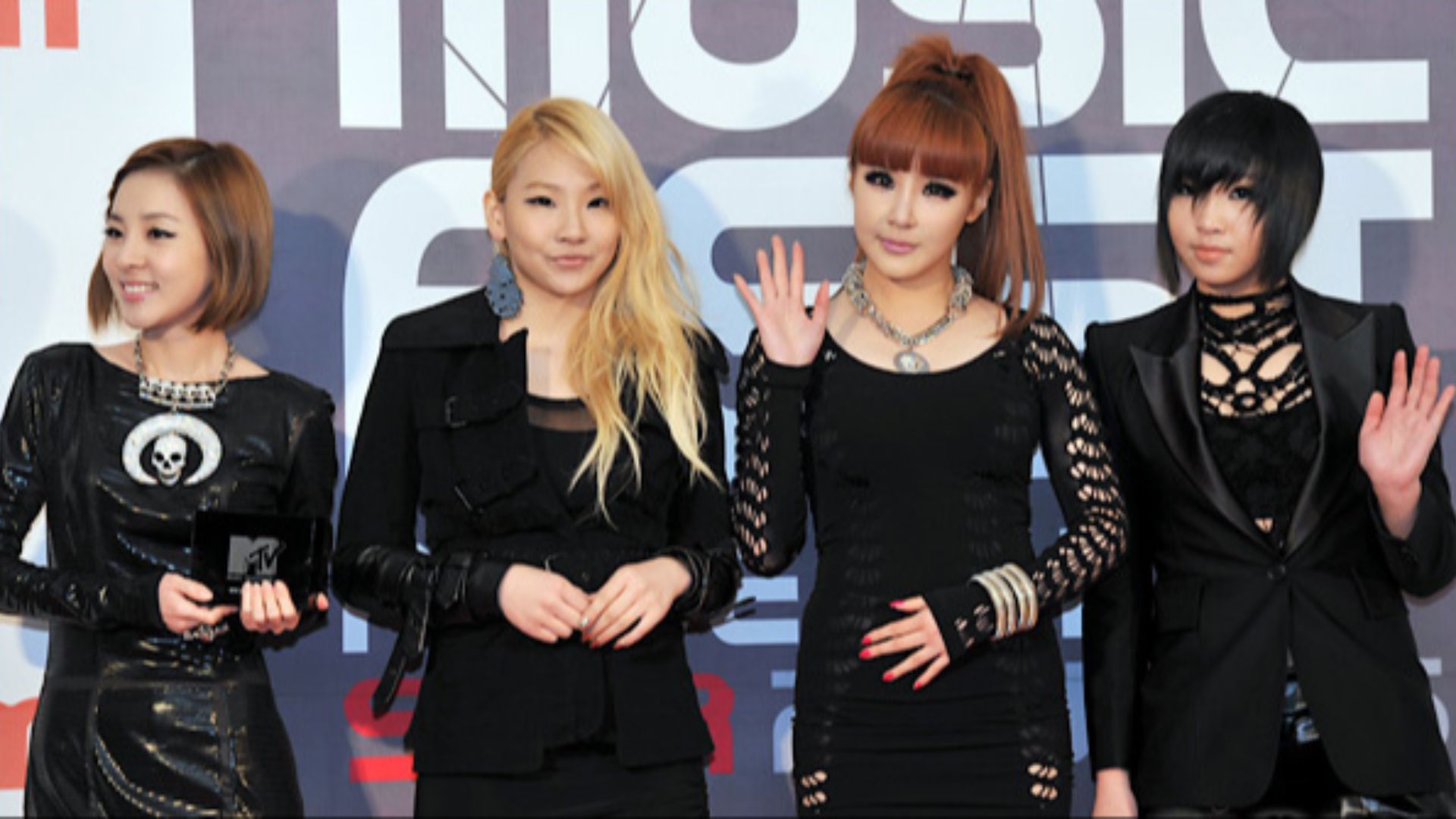 acrofan.com, Wikimedia Commons
acrofan.com, Wikimedia Commons
BLACKPINK
BLACKPINK comprises Jisoo, Jennie, Rosé, and Lisa, debuting in 2016 under YG Entertainment. They’re known worldwide, often called one of the biggest girl groups on the planet. Their early singles like “Whistle” and “Boombayah” gained attention; later hits like “DDU‑DU DDU‑DU,” “Kill This Love,” “How You Like That,” and “Pink Venom” have broken streaming and chart records globally. Their branding, fashion, and global reach are unmatched in many ways.
The Shirelles
Going back to the very early girl‑group era: The Shirelles were one of the first great ones. They came out in the late 1950s and early 60s with hits like “Will You Love Me Tomorrow,” “Tonight’s the Night,” and “Mama Said". Their harmonies and songwriting (in a time when girl groups were just emerging) laid groundwork for everything that followed. Their influence lives on.
The Ronettes
The Ronettes (Estelle, Ronnie, and Nedra), are forever tied to that classic 60s “wall of sound” vibe. Songs like “Be My Baby,” “Baby, I Love You,” and “Walking in the Rain” are timeless. Their style—big hair, bold lips, girl‑group swagger—also became iconic beyond just the music.
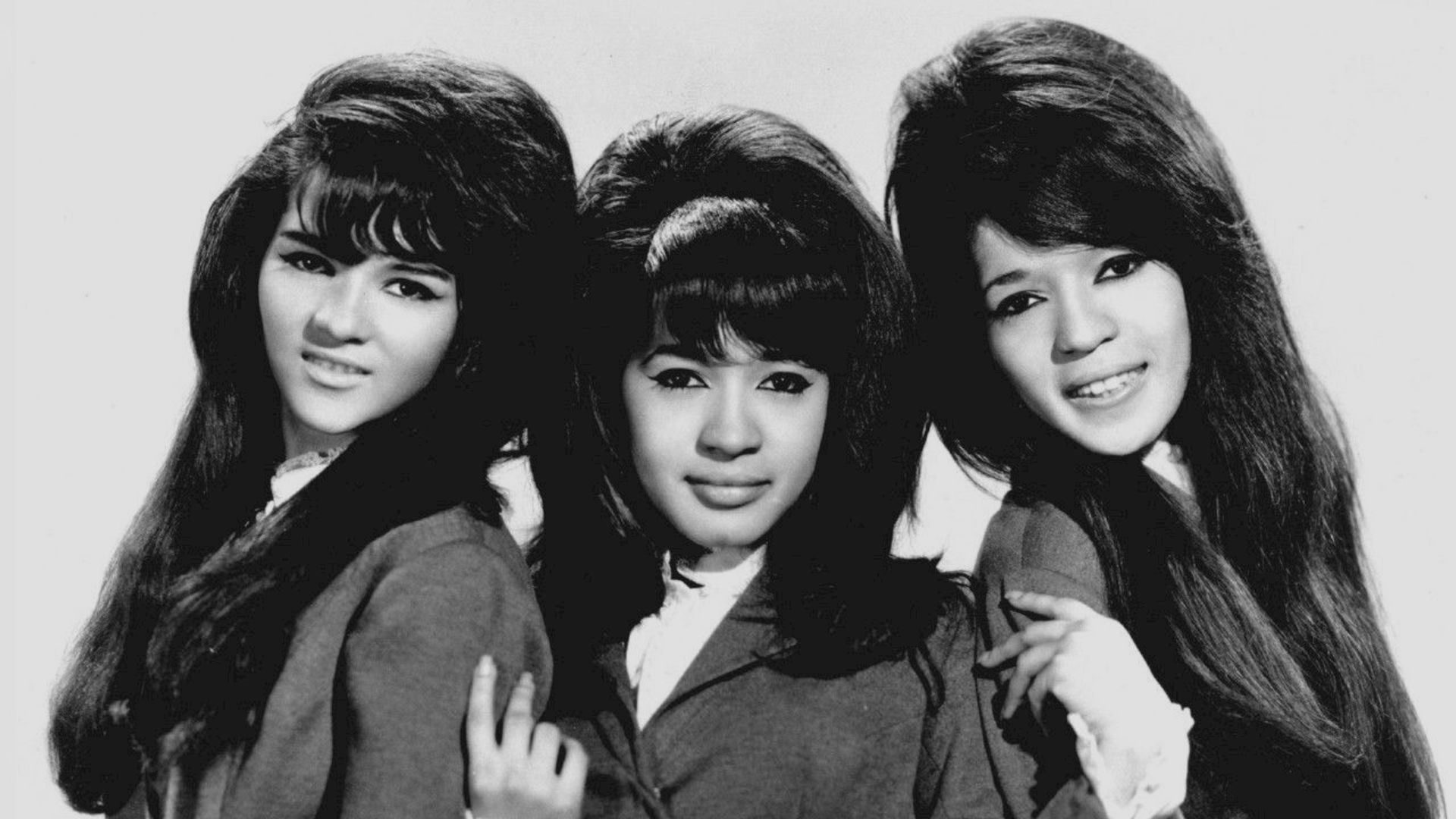 GAC-General Artists Corporation-management, Wikimedia Commons
GAC-General Artists Corporation-management, Wikimedia Commons
All Saints
From the UK in the late 90s, All Saints stood out with a cooler, more laid‑back alternative vibe compared to bubblegum pop girls. Their hits include “Never Ever,” “Pure Shores,” “Black Coffee,” and “Bootie Call". Their harmonies, slightly edgy sound, and fashion sensibility made them favorites in the UK and beyond. They showed girl groups could experiment beyond straight pop.
Fifth Harmony
Formed on The X Factor USA in 2012, Fifth Harmony (Camila, Normani, Ally, Dinah, Lauren) quickly amassed huge success. Their hits “Worth It,” “Work from Home,” “Sledgehammer,” and “BO$$” were radio staples. They had strong harmonies, dance routines, and a global following. Even after Camila left and they later disbanded, members like Normani and others have continued making waves solo, which is a testament to the talent the group had.
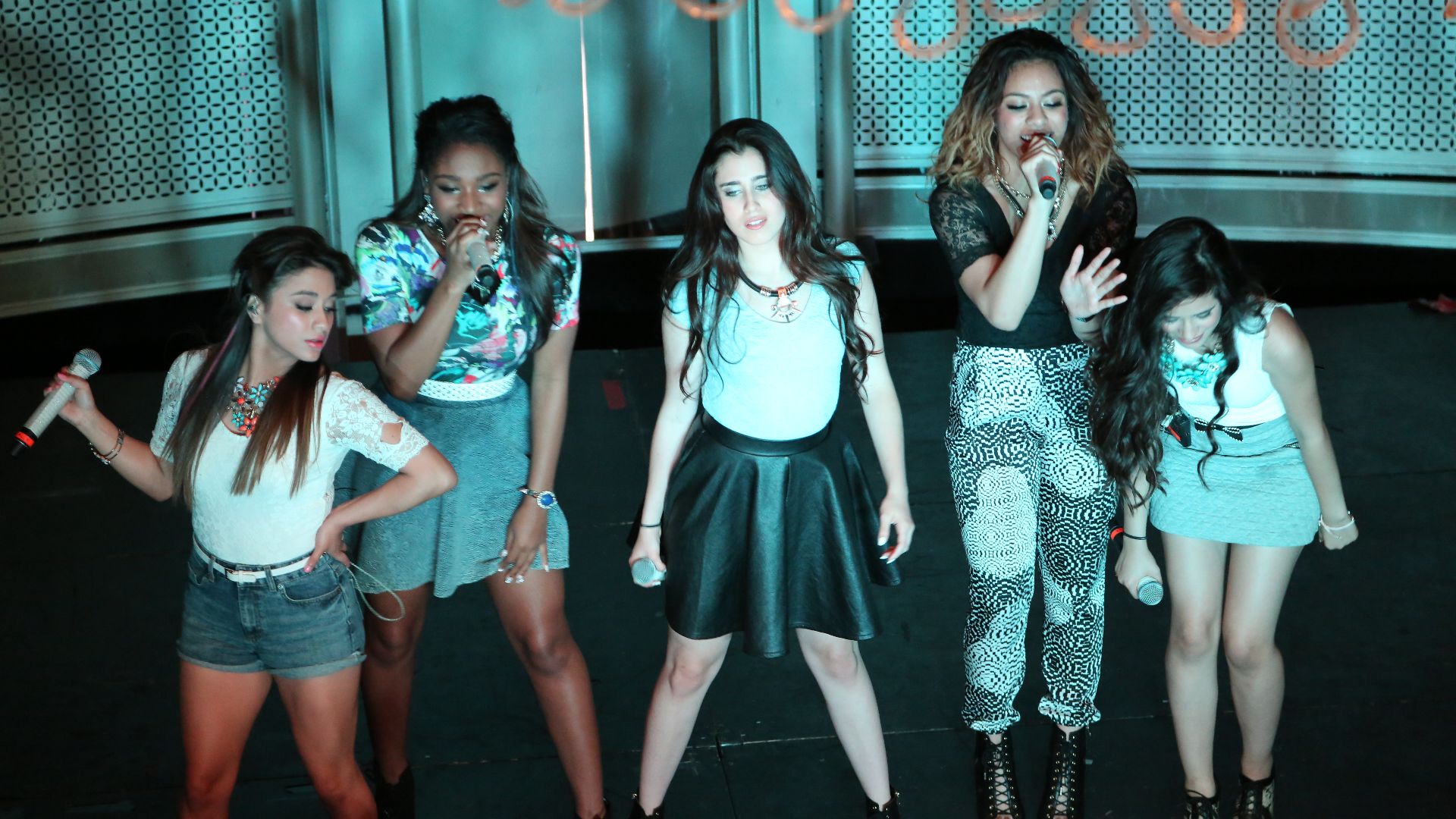 orangesporanges from Sydney, Wikimedia Commons
orangesporanges from Sydney, Wikimedia Commons
Red Velvet
Back to K‑pop: Red Velvet debuted in 2014 under SM Entertainment. They’re known for versatility: their “Red” side is bright, poppy and their “Velvet” side leans sultry, R&B. Songs like “Bad Boy,” “Psycho,” “Russian Roulette,” and “Red Flavor” show that duality. They’re acclaimed for artistry, concepts, and strong vocal performances. Among K‑pop fans, they’re considered one of the most musically adventurous girl groups.
The Pussycat Dolls
Originally a burlesque‑inspired dance troupe, The Pussycat Dolls became a pop act in the early 2000s led by Nicole Scherzinger. They gave us dancefloor bangers like “Don’t Cha,” “Buttons,” “When I Grow Up,” and “Stickwitu". Their performances blended vocals and heavy choreography, with a strong visual identity. They brought the showgirl‑plus‑pop‑star hybrid to mainstream audiences.
 US Army photo by PFC. Sarah De Boise, Wikimedia Commons
US Army photo by PFC. Sarah De Boise, Wikimedia Commons
En Vogue
Formed in the late 1980s, En Vogue combined soulful vocals, harmonies, and strong fashion. Hits like “Hold On,” “My Lovin’ (You’re Never Gonna Get It),” “Free Your Mind,” and “Don’t Let Go (Love)” put them at the forefront of 90s R&B/pop. They were praised for blending strong voices with attitude and became a benchmark for vocal girl groups in the US
Sugababes
From the UK, Sugababes have had many lineup changes, but their early and mid‑2000s runs were full of hits: “Freak Like Me,” “Round Round,” “Push the Button,” “About You Now". They had a slightly edgier, urban‑pop flavor and were known for reinventing themselves while maintaining a strong British pop identity.
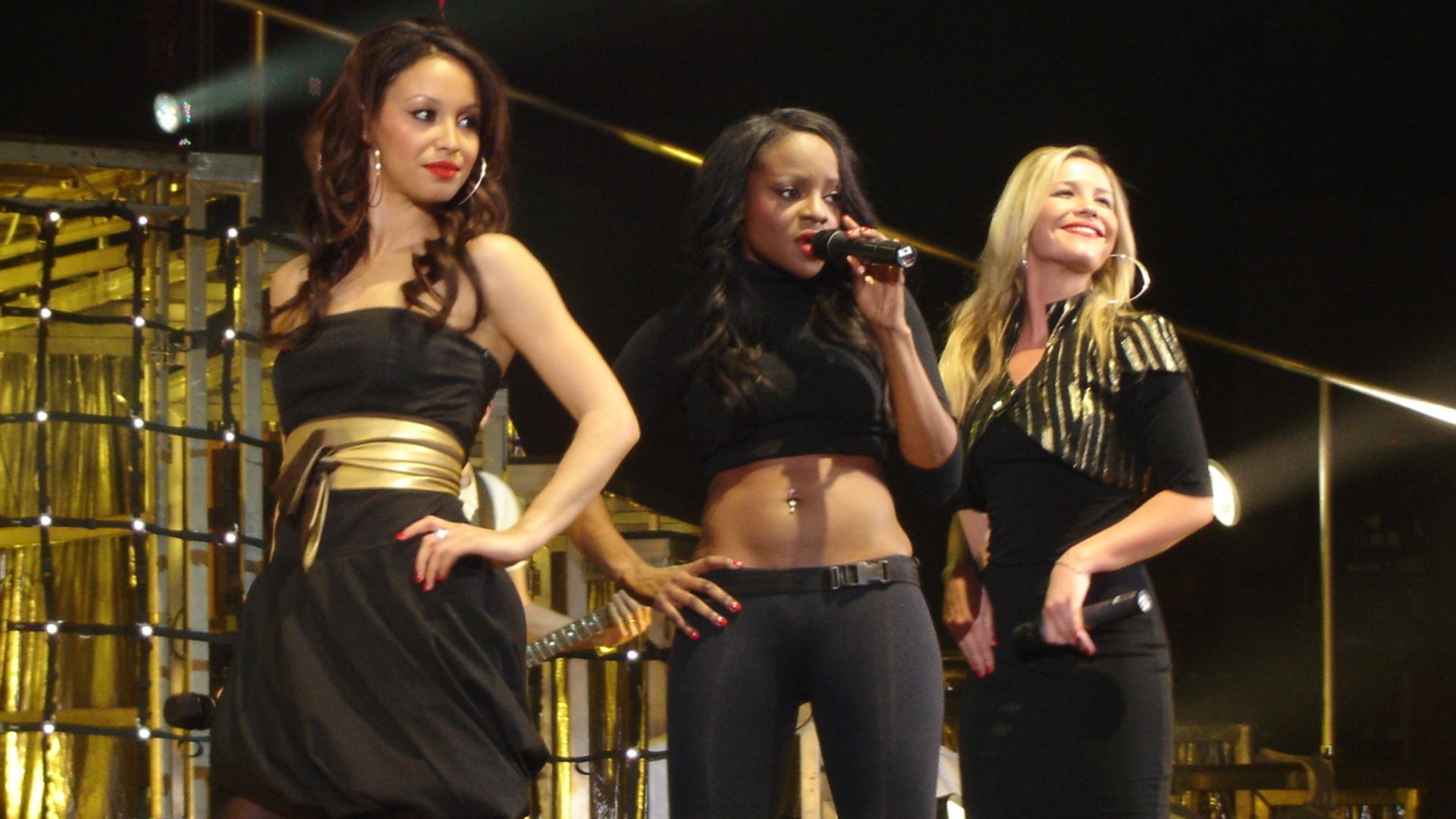 Mandy Coombes, Wikimedia Commons
Mandy Coombes, Wikimedia Commons
Girls’ Generation (SNSD)
One of the most iconic K‑pop girl groups ever: Girls’ Generation (aka SNSD) debuted in 2007 under SM Entertainment with nine members (later eight). Their songs like “Gee,” “Genie,” “I Got a Boy,” “Run Devil Run,” and “Lion Heart” cemented their legendary status. In Korea, they’re often called "The Nation’s Girl Group", and they paved the way for many K‑pop acts to go global.
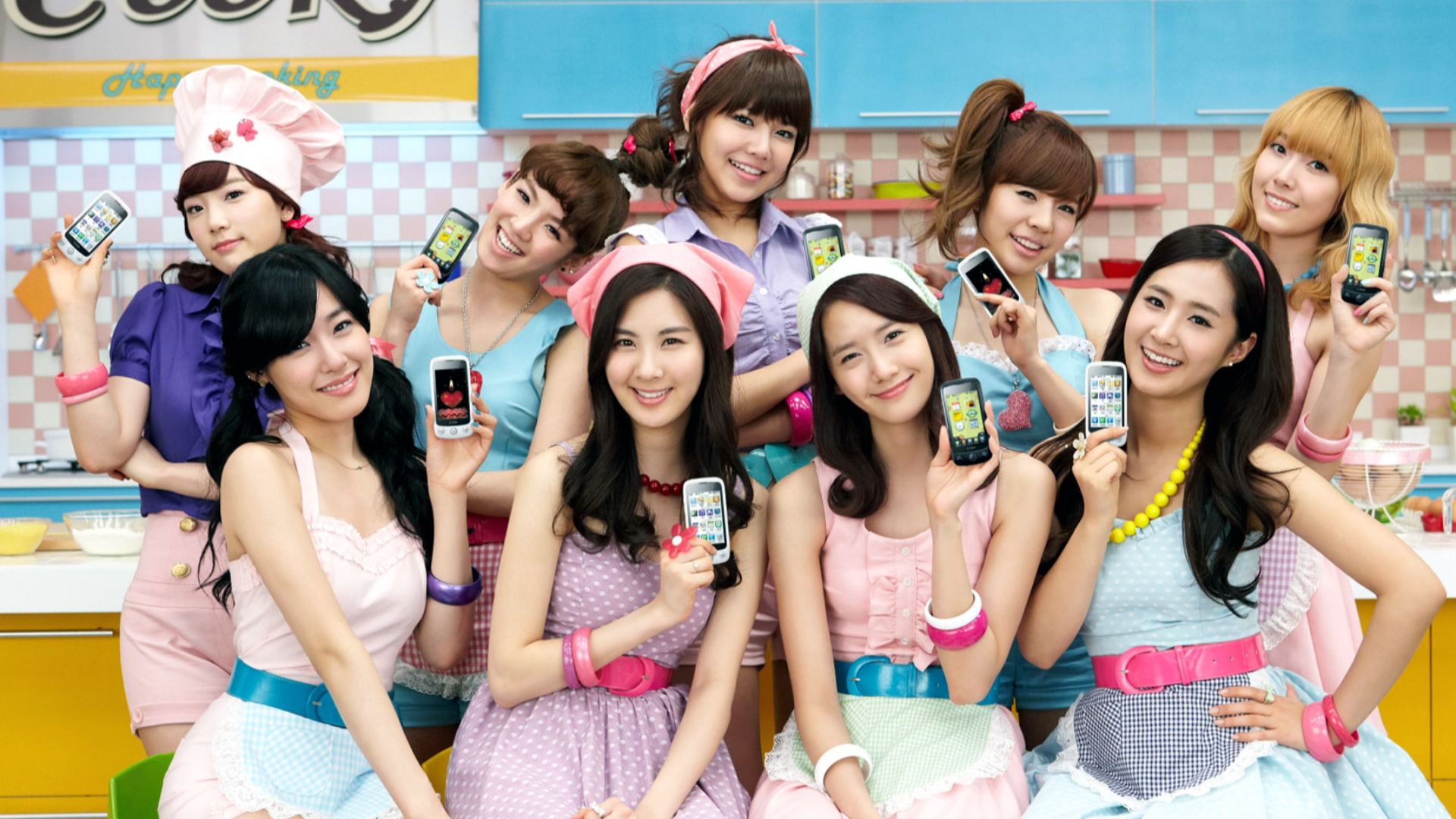 LGEPR(a flickr account of LG electronics), Wikimedia Commons
LGEPR(a flickr account of LG electronics), Wikimedia Commons
NewJeans
A more recent K‑pop breakout: NewJeans debuted in 2022 under ADOR/Hybe. Their fresh sound, Y2K aesthetics, and viral approach have made them a modern favorite. Songs like “Attention” and “Hype Boy” got strong buzz and showed that new girl groups can still break through in today’s crowded world. They’re young but already making waves.
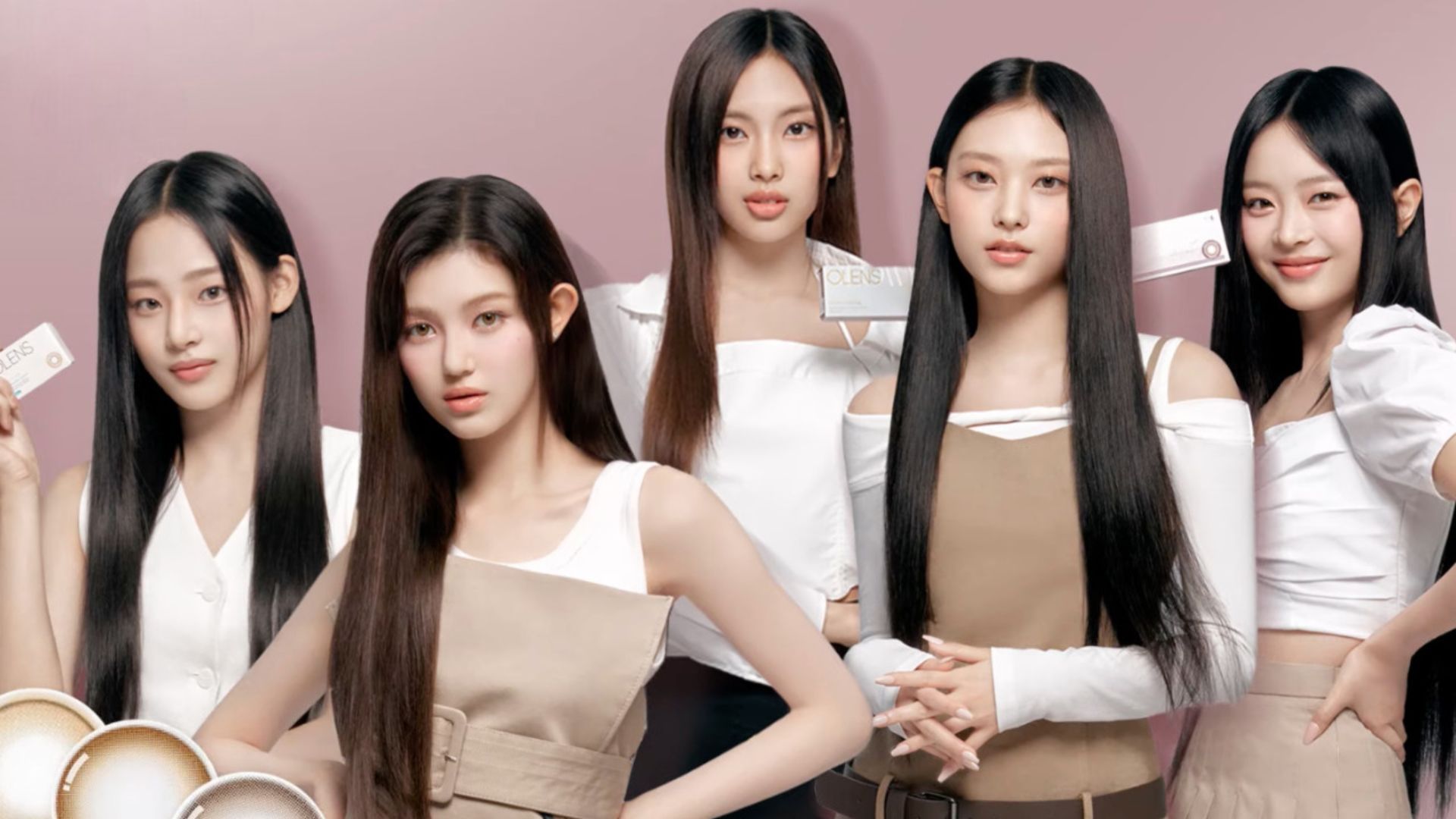 OLensglobal, Wikimedia Commons
OLensglobal, Wikimedia Commons
The Go‑Gos
In the 1980s, The Go‑Gos were like the smart, fun older sister band: they played their instruments, sang, and brought the new wave/pop crossover sound. Their biggest hit “We Got the Beat” is still a power‑pop staple. They helped prove girl groups could be self‑contained bands, not just vocal or dance acts.
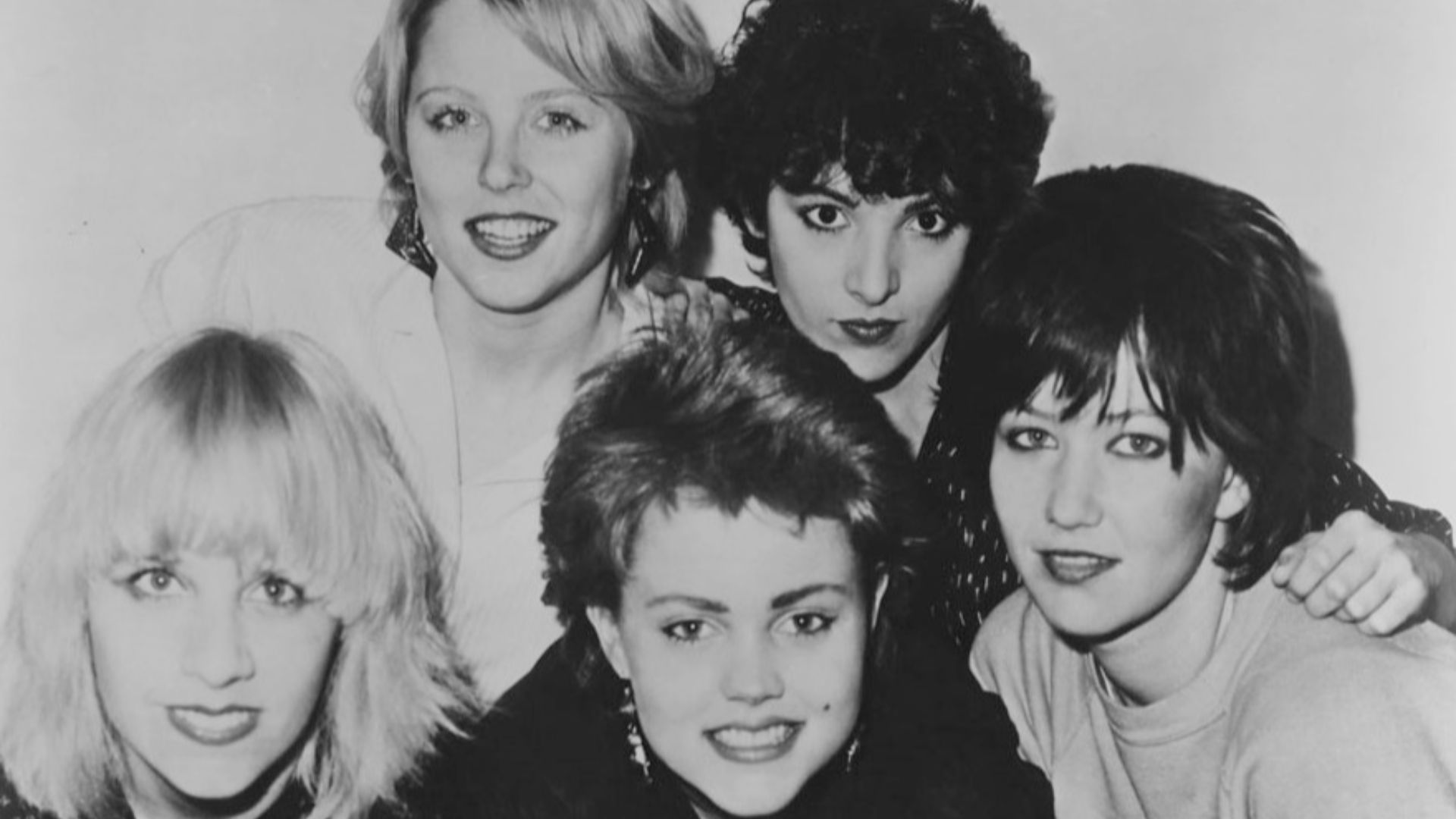 Janette Beckman; Distributed by International Record Syndicate (I.R.S Records), Wikimedia Commons
Janette Beckman; Distributed by International Record Syndicate (I.R.S Records), Wikimedia Commons
The Bangles
Speaking of girl bands, The Bangles (1980s) delivered pop‑rock classics like “Manic Monday,” “Walk Like an Egyptian,” “Eternal Flame,” and “Hazy Shade of Winter". They played instruments, wrote songs, and combined strong melodies with lush harmonies. Their sound is timeless, and they remain beloved by fans of ’80s music and beyond.
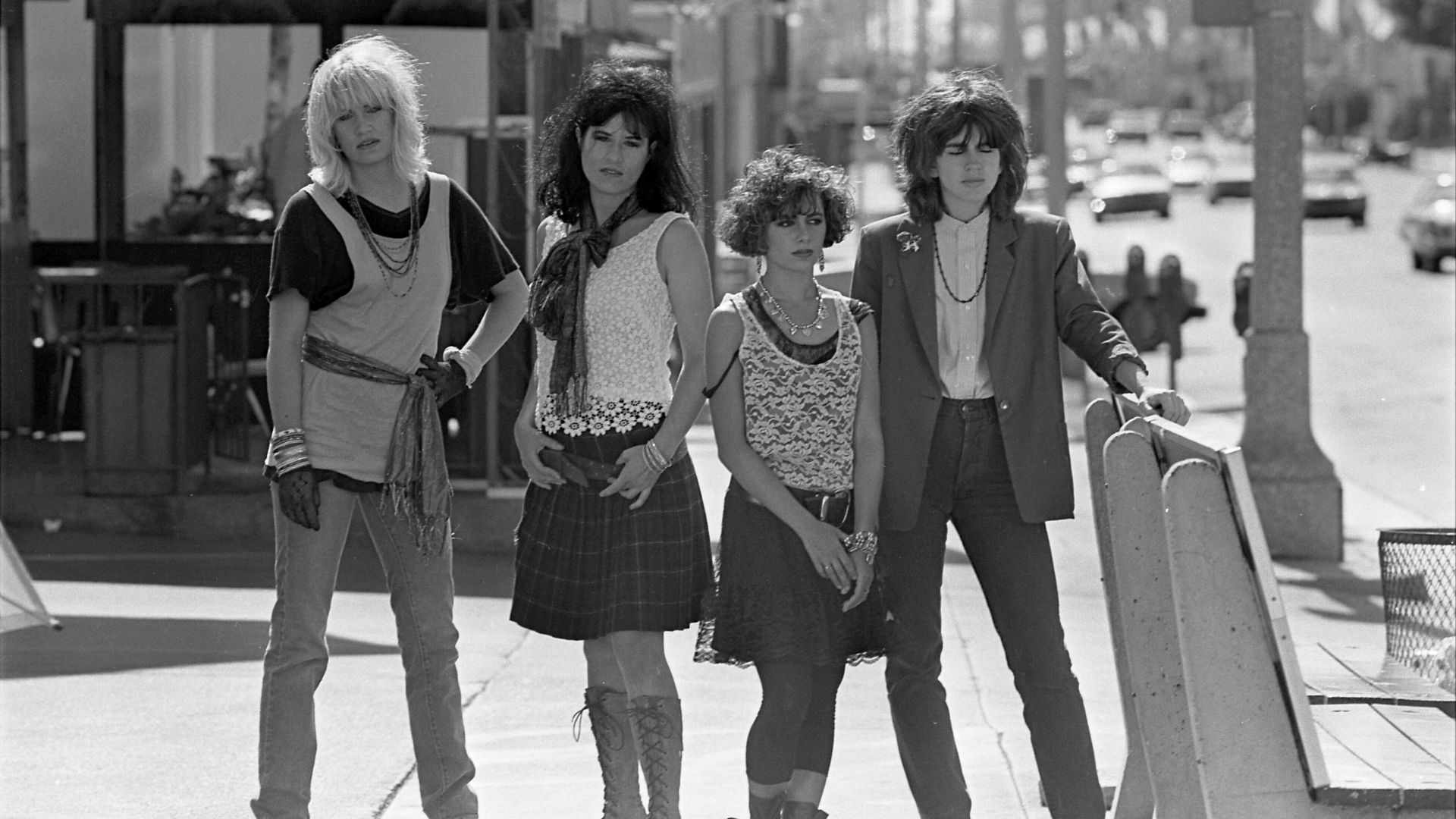 Aurelio Jose Barrera, Los Angeles Times, Wikimedia Commons
Aurelio Jose Barrera, Los Angeles Times, Wikimedia Commons
Flans
Flans is a Mexican pop girl group (primarily Spanish‑speaking) that rose to fame in the 1980s. Their hits like “Bazar,” “Las Mil y Una Noches,” and “No Controles” became staples in Latin pop. In Spanish‑speaking countries, they’re remembered fondly for catchy melodies, stylized performances, and being one of the few girl groups in Latin pop at that time.
AKB48
From Japan, AKB48 is on another scale: a massive idol group with dozens of members, theater shows, and a “you can meet your idols” concept. They’ve released countless singles, with hits like “Heavy Rotation,” “Koisuru Fortune Cookie,” and “Beginner". Their model (elections, multiple teams, graduation system) has influenced many idol groups across Asia.
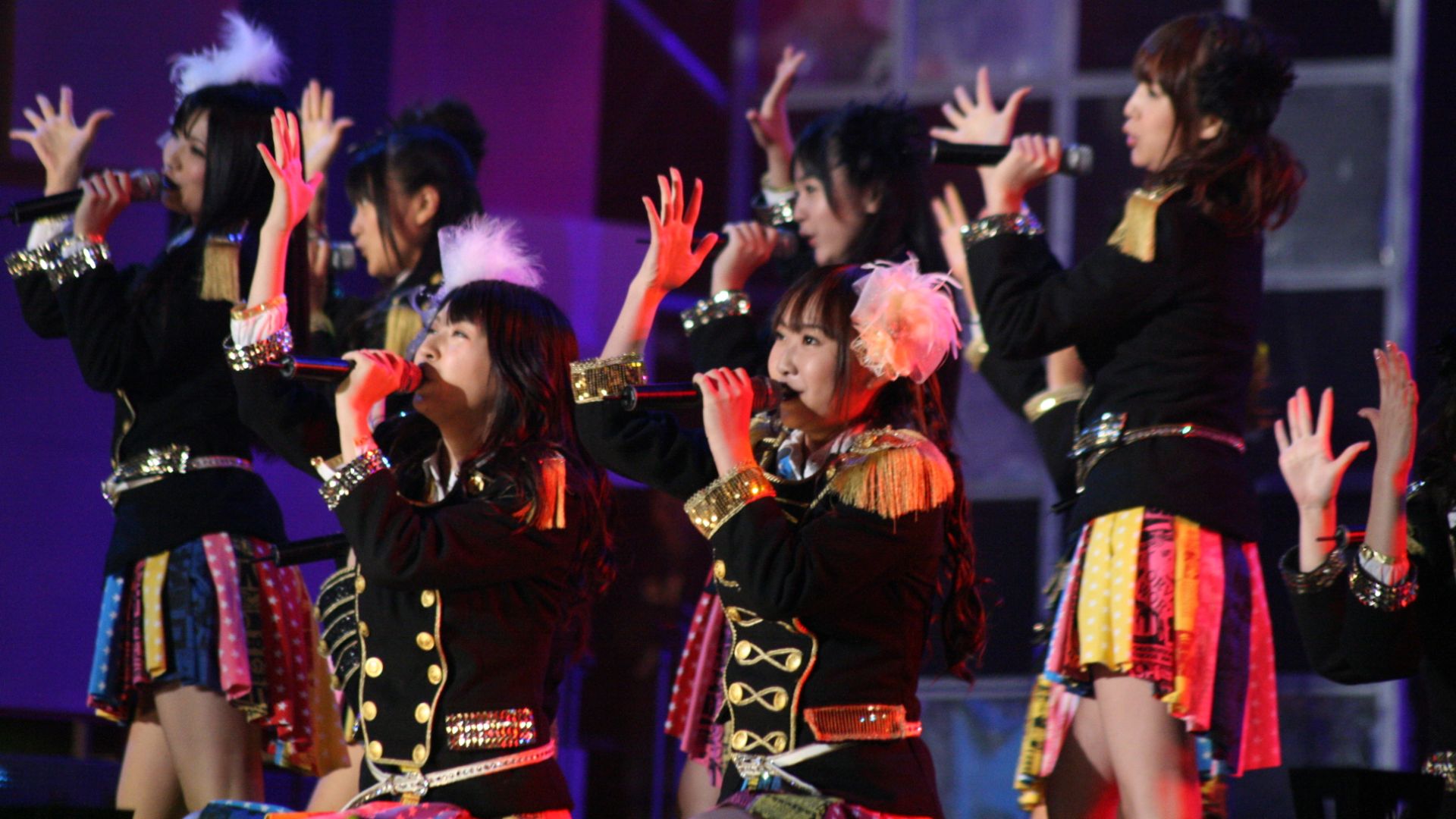 KIYOUNG KIM from Seoul, South Korea, Wikimedia Commons
KIYOUNG KIM from Seoul, South Korea, Wikimedia Commons
The Bluebelles
Before Patti LaBelle became a solo icon, she fronted the early-’60s girl group The Bluebelles (later known as Patti LaBelle and the Bluebelles). They were known for their gospel-infused harmonies and powerhouse vocals, setting them apart from the softer pop of the era. Their hits included “I Sold My Heart to the Junkman” and “Down the Aisle (The Wedding Song),” which showcased emotional delivery and vocal strength that predated the soul explosion of the late ’60s. The group eventually evolved into Labelle, who would go on to release the legendary “Lady Marmalade,” but it all started with The Bluebelles’ raw, heartfelt sound and stage presence.
 Michael Ochs Archives, Getty Images
Michael Ochs Archives, Getty Images
The Andrews Sisters
Another throwback classic: The Andrews Sisters (Patty, Maxene, and LaVerne) were huge in the 1930s–1940s, famous for their tight harmonies, swing and boogie‑woogie songs. Hits like “Boogie Woogie Bugle Boy,” “Don’t Sit Under the Apple Tree,” and “Bei Mir Bist du Schön” made them household names. They’re part of the foundation of what we think of as girl‑group harmony tradition.
 Michael Ochs Archives, Getty Images
Michael Ochs Archives, Getty Images
You May Also Like:
The Most Iconic Frontmen And Frontwomen Ever
25 Female Rock Bands That Completely Changed The Game
Singers Who Were Legally Forced To Record Music, And You Can Tell




